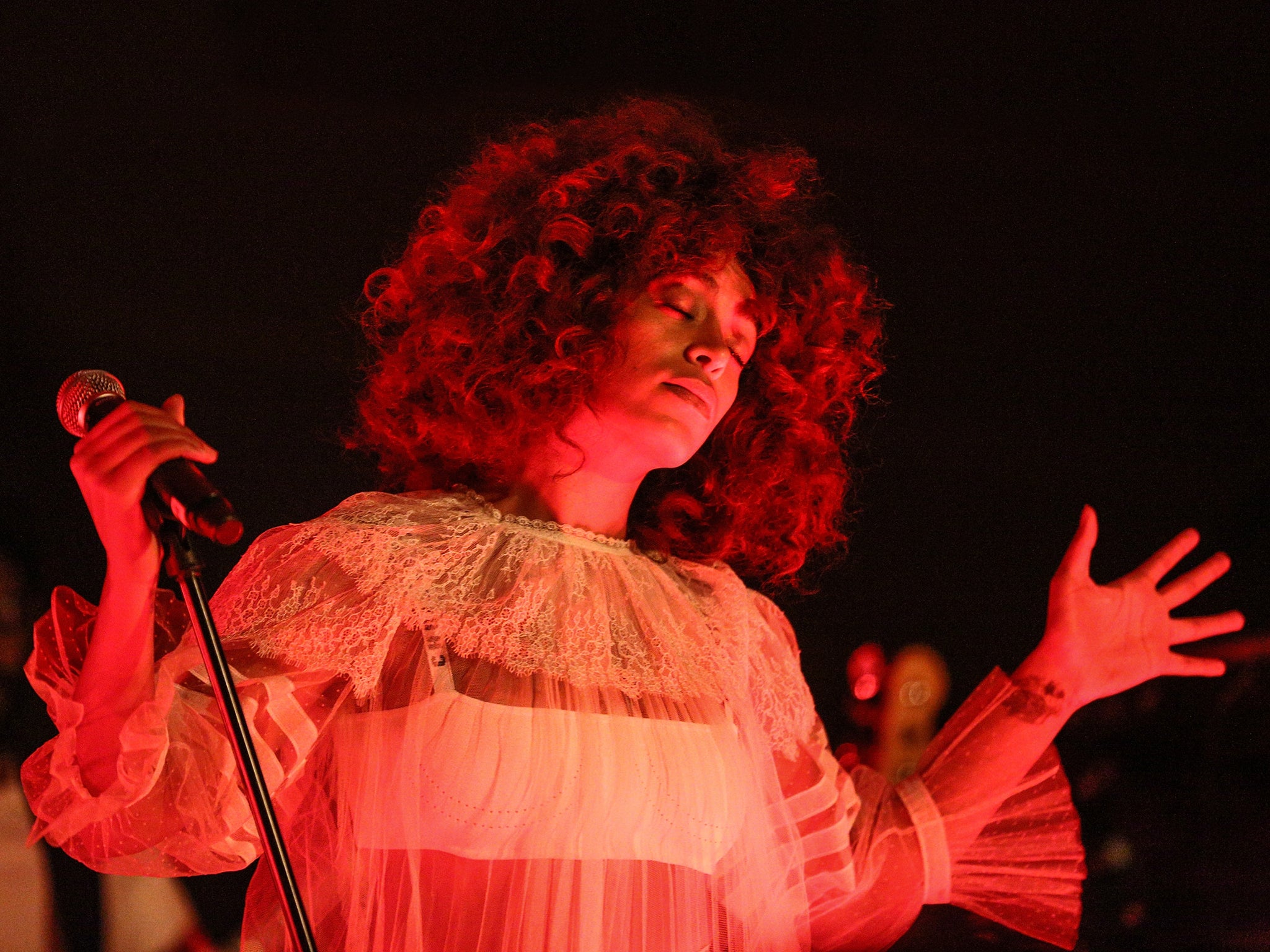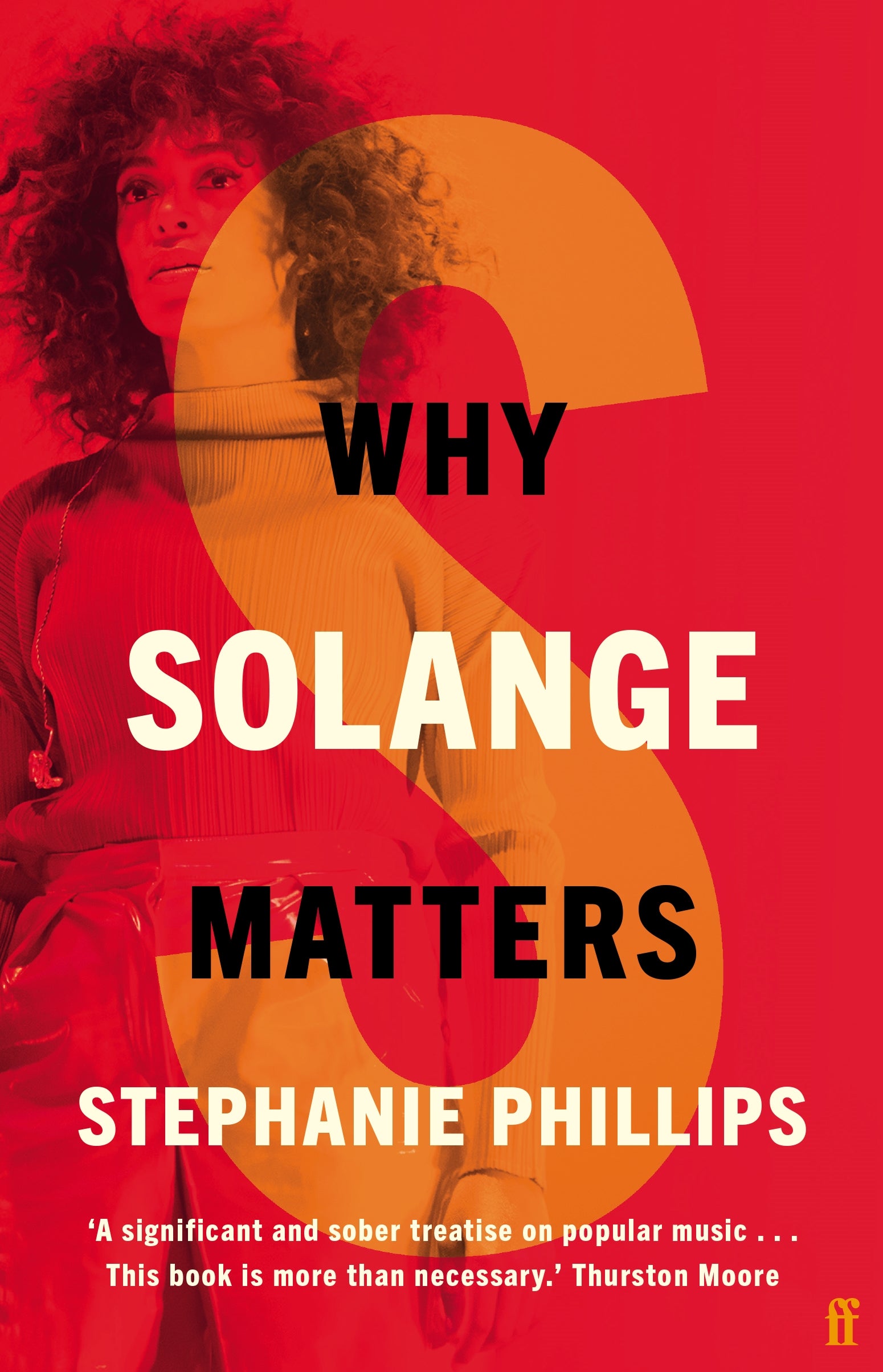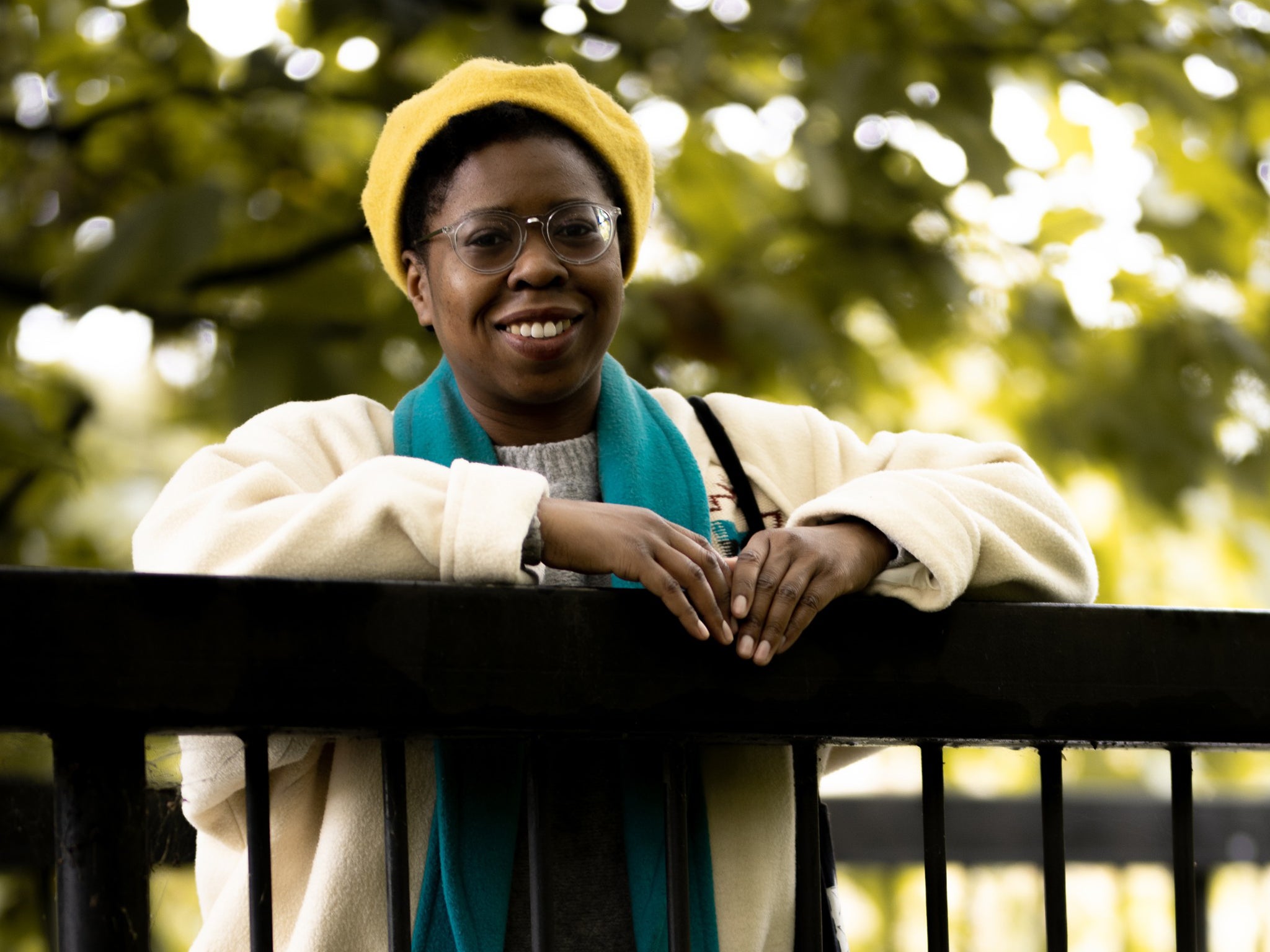Solange taught me that Black female rage can be used in the fight for freedom
With the unconventional roads she sought to travel, Solange Knowles has always been an inspiration for Stephanie Phillips. In an extract from her new book, Why Solange Matters, she explains how the musician reminds Black women that when anger is kept inside, it can fester


Although I thought Solange came hurtling into my world following the release of her seminal 2016 album A Seat at the Table, she has always been there. As a tweenage Destiny’s Child fanatic, I saw Solange danced alongside her sister Beyoncé when the group performed in Birmingham in the early Noughties. Her Motown inspired 2008 single “T.O.N.Y.” used to play on the same music channels I would flick through when I was bored at my parents’ house in between university terms, and her 2009-era shaved head was on my mood board when I went to the hairdresser for the big chop.
Solange has always been with me. It is because her journey through life, and the unconventional roads she sought to travel, so closely mirror that of mine and my friends that I was drawn to write about her.
In Why Solange Matters, I focus on the cultural impact of Solange Knowles as an artist, in order to further understand how her work, and her approach to creating art, is part of a wider cultural movement that has revolutionised a generation.
Her breakdowns of vicious tropes such as the “angry Black woman”, which she skewers on the song “Mad”, are why she is so beloved in the Black community. Hearing the experiences of generations of Black women put to music validates our pain, helping the healing begin.
Below is an extract from Why Solange Matters.
MAD
The angry Black woman myth has been rooted in popular culture for centuries. It is a weapon that has been used to paint Black women as villainous creatures and forced us to subdue our emotions. In reality, suppressing your emotions to create a passive environment for white people to live in is tiring work. After years of pushing it down, as a Black woman you start to realise: who am I without my emotions, what am I forgetting, and surely, as Solange insists, I “have a right to be mad”, but how do we live with that anger? Much of the album was a journey toward better understanding “How can I exist with all of this rage and all of this pain and all of this anger? How can I possibly exist every day out here in the world with that? How do I turn that into glory? How do I turn that into power? How do I transcend with all of that facing me so closely?”

Our fear of our own anger does not mean it should be avoided. Black women scholars have argued that Black female rage can be owned, accepted, and utilised in the fight for freedom. The author of Eloquent Rage: A Black Feminist Discovers Her Superpower, Brittney Cooper, spent years trying to mask her anger until a student in her class complimented her on her rage-filled lectures, appreciating the authenticity of her emotion. It was then that Cooper began to see her anger in a different light. Cooper told NPR, “We think about superpowers as, like, Batman using his smarts to outwit everybody or whatever. And I just think, you know, the biggest superheroes we’ve ever had, have been Black women who have looked at a set of conditions that are designed for them to fail and designed to kill them and said, we’re going to live anyway. And not only are we going to live – we’re going to thrive.” She went on, “Part of what I’m trying to get at is that black women are never only angry. We can be angry and at the same time be joyous, at the same time be sad, at the same time be deeply in love or be heartbroken. So, rage for me becomes the ground zero for the reclamation of Black women’s full emotional lives.” Cooper instructs Black women to reclaim their anger so as to remind themselves of their full humanity and that they deserve to express their emotions like anyone else.
“Mad” revels in the beauty of Black female rage, reminding us we are not overreacting. Though a fiery delivery would have been appropriate, too, Solange keeps her vocals floating in a falsetto range that her heroes singer-songwriter Joni Mitchell and soul singer Syreeta Wright would have been proud of, to drive home her point. Her delivery portrays a woman in control, one who has the upper hand and can express herself with ease:
You got the light, count it all joy You got the right to be mad But when you carry it alone you find it only getting in the way

Solange reminds Black women that when anger is kept inside like a secret, it can fester, impacting your mental health and well-being. The nagging voice of an unsympathetic other frequently asks why she can’t just let it all go or why she has to be so mad. As a Black woman who deals with the low hum of microaggressions every day and has to defiantly love herself in a world that often refuses to reciprocate that love, Solange reminds the unsympathetic other that she most definitely can express herself in whatever way she feels like. “Mad” is not only a song about Black female rage, it also brings in a Black male perspective through rapper Lil Wayne’s verse, where he delivers a gut-wrenchingly honest retelling of his own story of self-destruction. The section in which the rapper speaks on the burden of societal pressures, drug abuse, his suicide attempt, and other people’s lack of understanding of his mental health brings to light the many pressures Black men also face when coping with anger.
The refrain of “Mad” puts forward the question “Where’d your love go?” It seems to be asking the listener to remember, as Cooper says, that softness can often ride alongside rage and that Black women deserve to go back to love. The iconic African American writer Maya Angelou understood that need for love, that if anger does not consume you, it can be a weapon. In an interview with the comedian Dave Chappelle in 2006, she said: “You should be angry. But you must not be bitter. Bitterness is like cancer. It eats upon the host. It doesn’t do anything to the object of its displeasure. So, use that anger. You write it. You paint it. You dance it. You march it. You vote it. You do everything about it. You talk it. Never stop talking it.”
Why Solange Matters by Stephanie Phillips is out now on Faber
Join our commenting forum
Join thought-provoking conversations, follow other Independent readers and see their replies
Comments


Bookmark popover
Removed from bookmarks